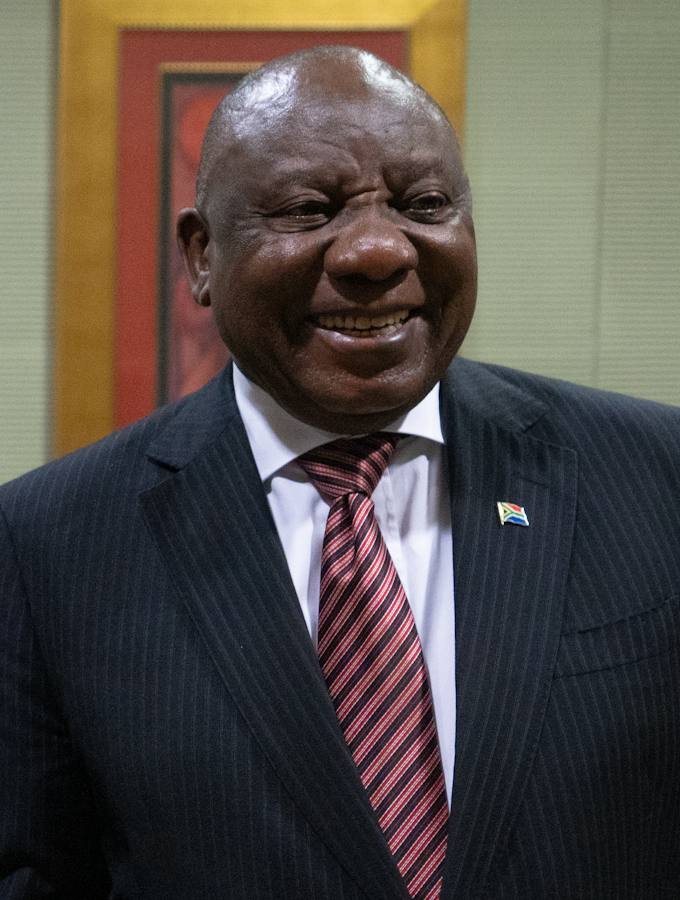President Ramaphosa Calls for Unity and Justice on National Day of Reconciliation
“Reconciliation Day is about advancing reconciliation, justice, and nation-building. It promotes social cohesion and healing,” said President Ramaphosa.

- Country:
- South Africa
President Cyril Ramaphosa has emphasized the importance of the National Day of Reconciliation in fostering healing, justice, and unity among South Africans. Speaking at the official commemoration at the Vredendal North Sports Ground in the Western Cape, the President highlighted the day’s significance in addressing the historical wounds of the past while building a united and inclusive future.
“Reconciliation Day is about advancing reconciliation, justice, and nation-building. It promotes social cohesion and healing,” said President Ramaphosa. He noted that South Africa cannot heal the deep scars of its history by erasing or forgetting its past.
“For some, the National Day of Reconciliation is a celebration of victory. For others, it is a painful reminder of conquest and dispossession. We chose to mark December 16 as a Day of Reconciliation—a celebration of our unity in diversity,” he added.
Tribute to Vredendal and Agricultural Development
The President praised Vredendal, referring to it as the "Valley of Peace" and acknowledging its role as an agricultural hub. Many of the area’s residents work as farmworkers, a legacy tied to the painful history of South Africa’s past.
“Under the inhumane apartheid system, farmworkers bore the brunt of exploitation. White commercial farms were built on the labor of slaves and South Africa’s indigenous people,” he said.
While significant strides have been made since the advent of democracy 30 years ago, Ramaphosa acknowledged that many challenges remain. Laws like the Extension of Security of Tenure Act aim to protect farmworkers from arbitrary evictions, but instances of non-compliance persist.
“We call on all employers to treat their workers with dignity and ensure decent living conditions. The law must be upheld, and the rights of all people protected,” he said, urging humane treatment and adherence to labor rights under the Labour Relations Act.
Theme for 2024: Healing Historical Wounds
The theme for the 2024 National Day of Reconciliation, "Healing Historical Wounds and Forging New Futures," underscores the necessity of addressing past injustices while advancing shared goals for the future.
The day, observed annually on 16 December, was introduced in 1995 after the fall of apartheid to promote national unity. It serves as a reminder of the nation's journey from a divided past to a democratic present.
Voices from Vredendal
Residents of the Western Cape also shared their reflections. Ntsika Madela, a local, expressed hope for reconciliation and progress.
“We come from a painful past, where we were oppressed and treated like outcasts. But now we have democracy. We must forgive all those who were our oppressors,” Madela told SAnews, emphasizing the need to focus on healing and building a better South Africa.
Reconciliation as a National Priority
President Ramaphosa reiterated that reconciliation is not merely symbolic but integral to achieving social justice and sustainable development. Through ongoing efforts in land reform, labor protection, and social cohesion initiatives, South Africa seeks to honor its past while forging a brighter and inclusive future.
The commemoration concluded with cultural performances and community engagements, reflecting the spirit of reconciliation and unity among the diverse people of South Africa.
- READ MORE ON:
- National Day of Reconciliation
- Cyril Ramaphosa










